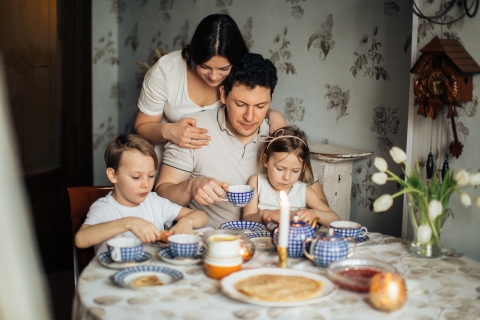How DC Mayor Bowser used graffiti to protect public space
Rebekah Modrak, University of Michigan
When President Donald Trump sent heavily armed federal law enforcement officers and unidentified officers in riot gear into Washington, D.C. during the height of protests recently, Mayor Muriel E. Bowser responded by painting “BLACK LIVES MATTER” directly on the street leading to the White House.
While many spoke of it as a daring political act, for artists like me, it was also an act of urban intervention, an artistic act intended to transform an existing structure or institution, that reclaimed public space back for the public. And she accomplished this with little physical matter at all.
Her action – expressing dissent by marking an oppressive environment – references graffiti, which has been called the “language of the ignored.”
Art scholars note that most types of graffiti are meant to claim or reclaim territory by those who are systematically excluded. “Writers” often work quickly and at night, when they are less likely to be seen and arrested for painting on others’ property without consent.
Bowser’s action would likely be considered vandalism if not for the fact that it was carried out by the city’s Department of Public Works, using city funds. She wielded municipal services as artistic tools to condemn another state-sanctioned action, the violence perpetrated against Black people.
- Published in ART & LIFE
- 0







